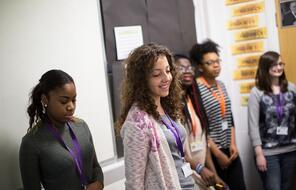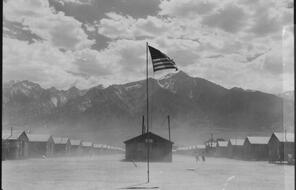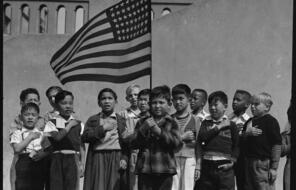
Summative Assessment & Taking Informed Action
Duration
One 50-min class periodSubject
- History
- Social Studies
Grade
9–12Language
English — USPublished
Overview
About This Activity
This inquiry includes two types of culminating activities: a Summative Performance Task and Taking Informed Action. The Summative Performance Task asks students to answer the compelling question in a format of their choice. Taking Informed Action invites students to civically engage with the content through three exercises: 1) UNDERSTAND, 2) ASSESS, and 3) ACT.
Preparing to Teach
A Note to Teachers
Before teaching this assessment, please review the following information to help guide your preparation process.
Summative Performance Task
Taking Informed Action
Unlimited Access to Learning. More Added Every Month.
Facing History & Ourselves is designed for educators who want to help students explore identity, think critically, grow emotionally, act ethically, and participate in civic life. It’s hard work, so we’ve developed some go-to professional learning opportunities to help you along the way.
Exploring ELA Text Selection with Julia Torres
On-Demand

Working for Justice, Equity and Civic Agency in Our Schools: A Conversation with Clint Smith
On-Demand

Centering Student Voices to Build Community and Agency
On-Demand














